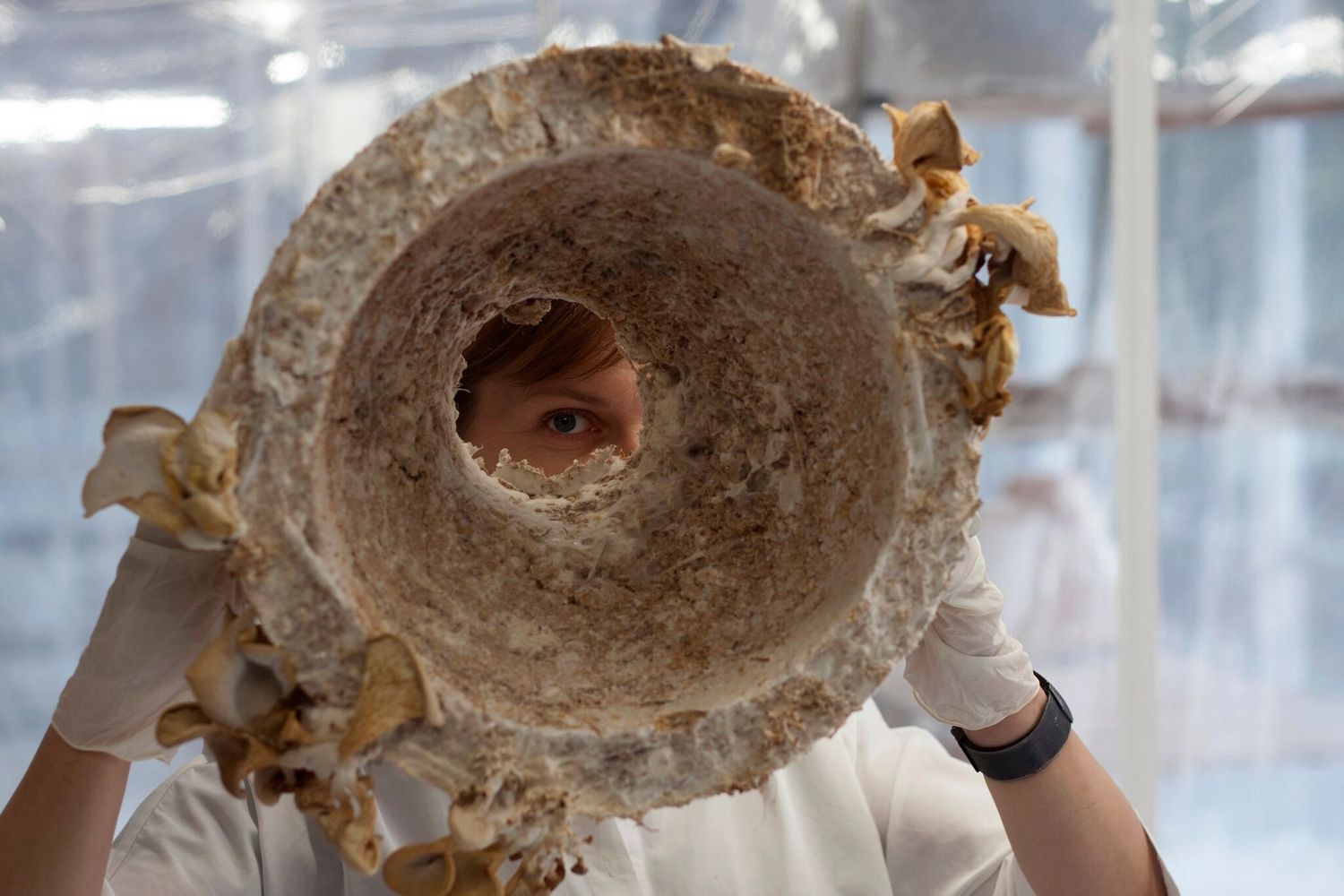In their presentation Urbonas will talk about Zooetics - an ongoing discursive experiment and a test-site for models, that explore new ways for human knowledge and research to engage with other forms of life. It does so by imagining designs, prototypes and interfaces for future interspecies ecologies. Pedagogical and experimental environments created in several chapters of Zooetics – Psychotropic House: Zooetics Pavilion of Ballardian Technologies, Future Fiction Summit or Future Energy Summit – suggest a radical playground of hybridity in art, technology, and non-human forms of life in which participants and publics are invited to imagine future knowledge production. Attuned to the themes of ambient and collective intelligence, and systemic and natural ecologies, the Zooetics investigates how relations between life and non-life, human and non-human, may be on the one hand unknowable, remaining unmapped by existing cartographies of knowledge, and yet at the same time necessary and unavoidable. It thus calls for new forms of aesthetic and new scientific imagination.
*sympoeisis comes from greek language (making together) and suggests a self-organized system that is evolutionary, adaptive and unpredictable.
